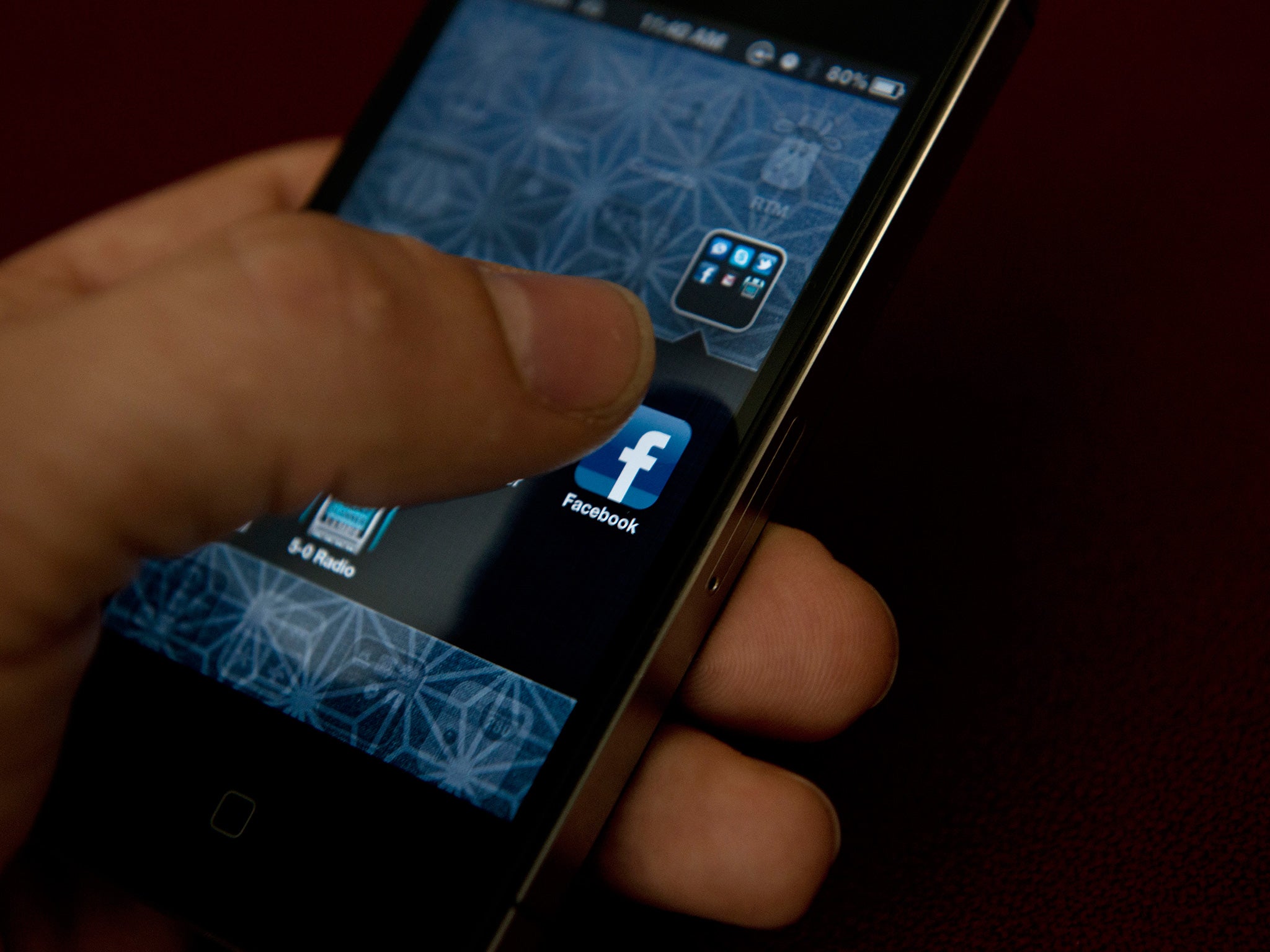Humblebragging: The irritating rise of the best way to make people not like you
Research suggests the sinister practice doesn't actually work

Your support helps us to tell the story
From reproductive rights to climate change to Big Tech, The Independent is on the ground when the story is developing. Whether it's investigating the financials of Elon Musk's pro-Trump PAC or producing our latest documentary, 'The A Word', which shines a light on the American women fighting for reproductive rights, we know how important it is to parse out the facts from the messaging.
At such a critical moment in US history, we need reporters on the ground. Your donation allows us to keep sending journalists to speak to both sides of the story.
The Independent is trusted by Americans across the entire political spectrum. And unlike many other quality news outlets, we choose not to lock Americans out of our reporting and analysis with paywalls. We believe quality journalism should be available to everyone, paid for by those who can afford it.
Your support makes all the difference.At some point, likely somewhere along Facebook, Twitter, and Instragram's rise to social prominence, an annoying thing started to happen. In place of honest, straight-forward boasting ("I won this award!") and seemingly-earnest displays of humility ("I'm so grateful for my parents, who worked their butts off so I could pursue art"), sprouted a much more sinister type of sharing. People began softening the blow of how cool, rich, unique, and generally awesome they were by veiling these announcements in complaints.
The practice grew so common that it was given a name - the "humblebrag," and an official definition - "an ostensibly modest or self-deprecating statement whose actual purpose is to draw attention to something of which one is proud," according to the Oxford English Dictionary, which added the word last year. There is a book all about "the art of false modesty": there is a ranking of the top humblebraggers, which includes Oprah; there is even a New York Times trend piece to consecrate its reach.
Why tell people you've won an award when you can quibble about how hard it is to hold up the massive trophy cup that came with it?
But not only is the humblebrag a terrible way to make yourself look good in the eyes of your friends - it might even make things worse.
A comprehensive study conducted at the Harvard Business School this past spring, shows how and why humblebragging is a growing but broken social strategy. Researchers Ovul Sezer, Francesco Gino, and Michael Norton, curious to gauge how humblebraggers are perceived, studied how more than 300 people reacted to humblebrags, brags, complaints, in different situations. What they found is that in every scenario - whether on social media or in person - humblebrags were the least appreciated.
"Faced with the choice to (honestly) brag or (deceptively) humblebrag, would-be-self-promoters should choose the former," the researchers wrote. "And at least reap the rewards of seeming sincere."
Indeed, the problem with humblebragging is two fold: it involves bragging, which no one likes, and a feeble attempt to hide it, which people easily notice and recognize as insincere.
©The Washington Post
Join our commenting forum
Join thought-provoking conversations, follow other Independent readers and see their replies
Comments